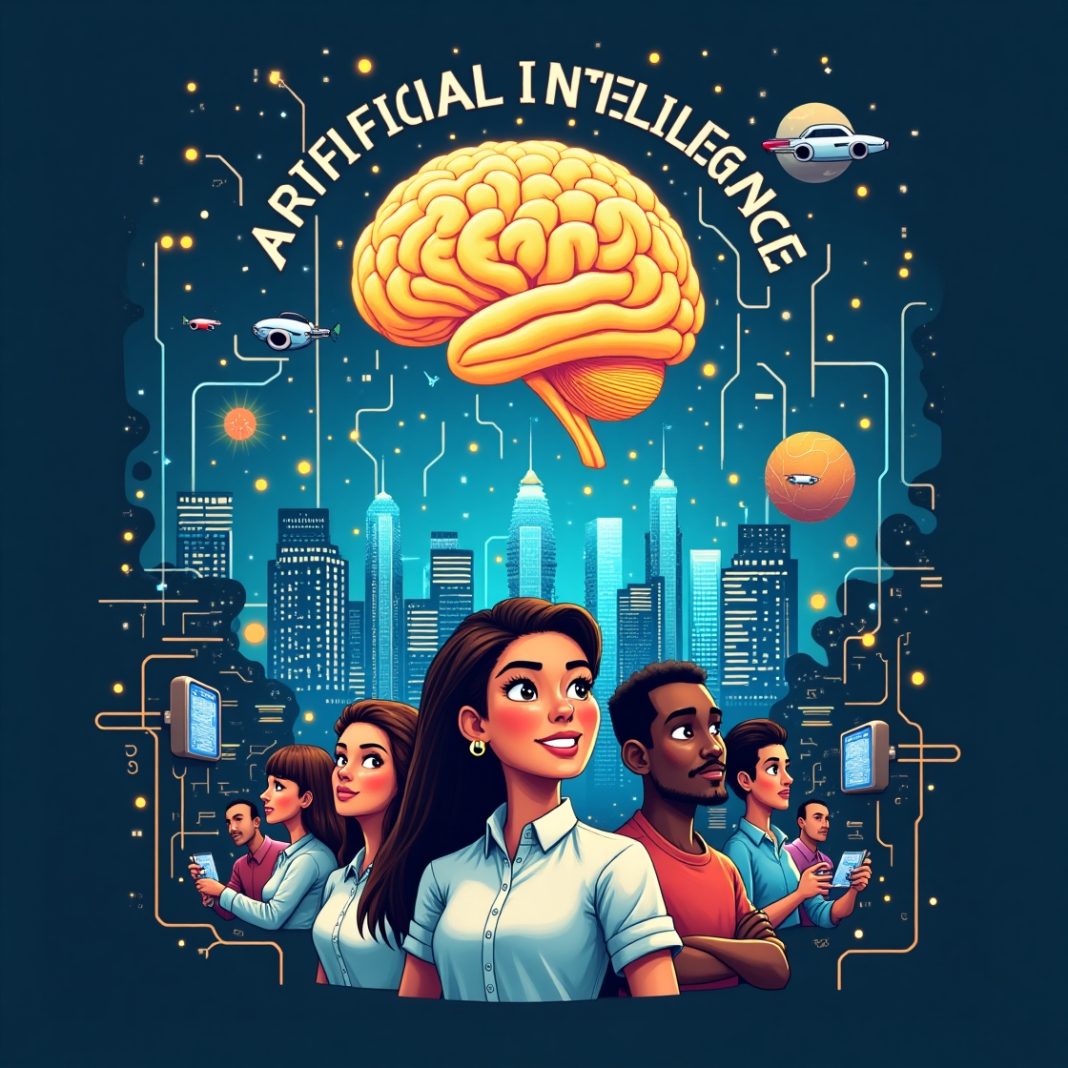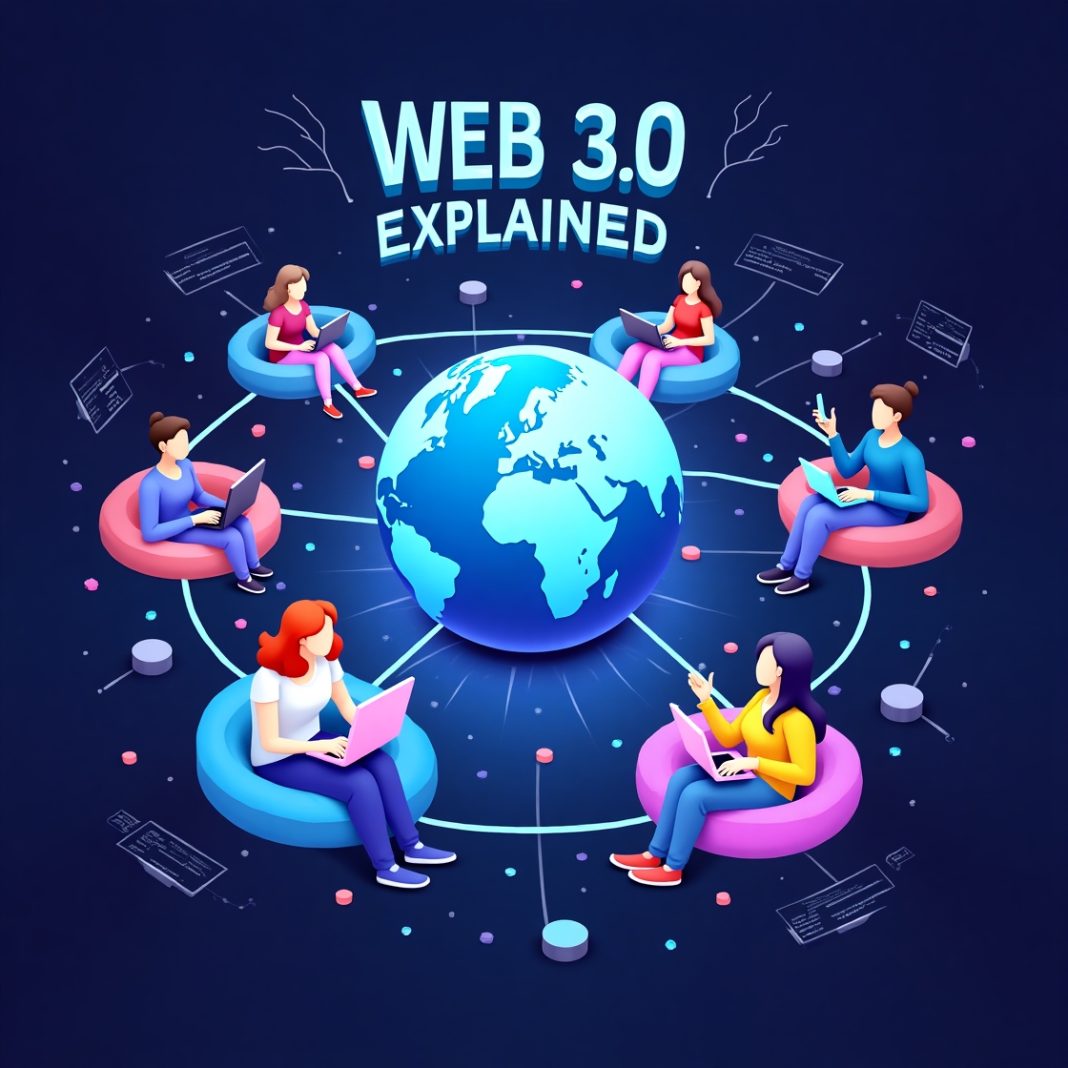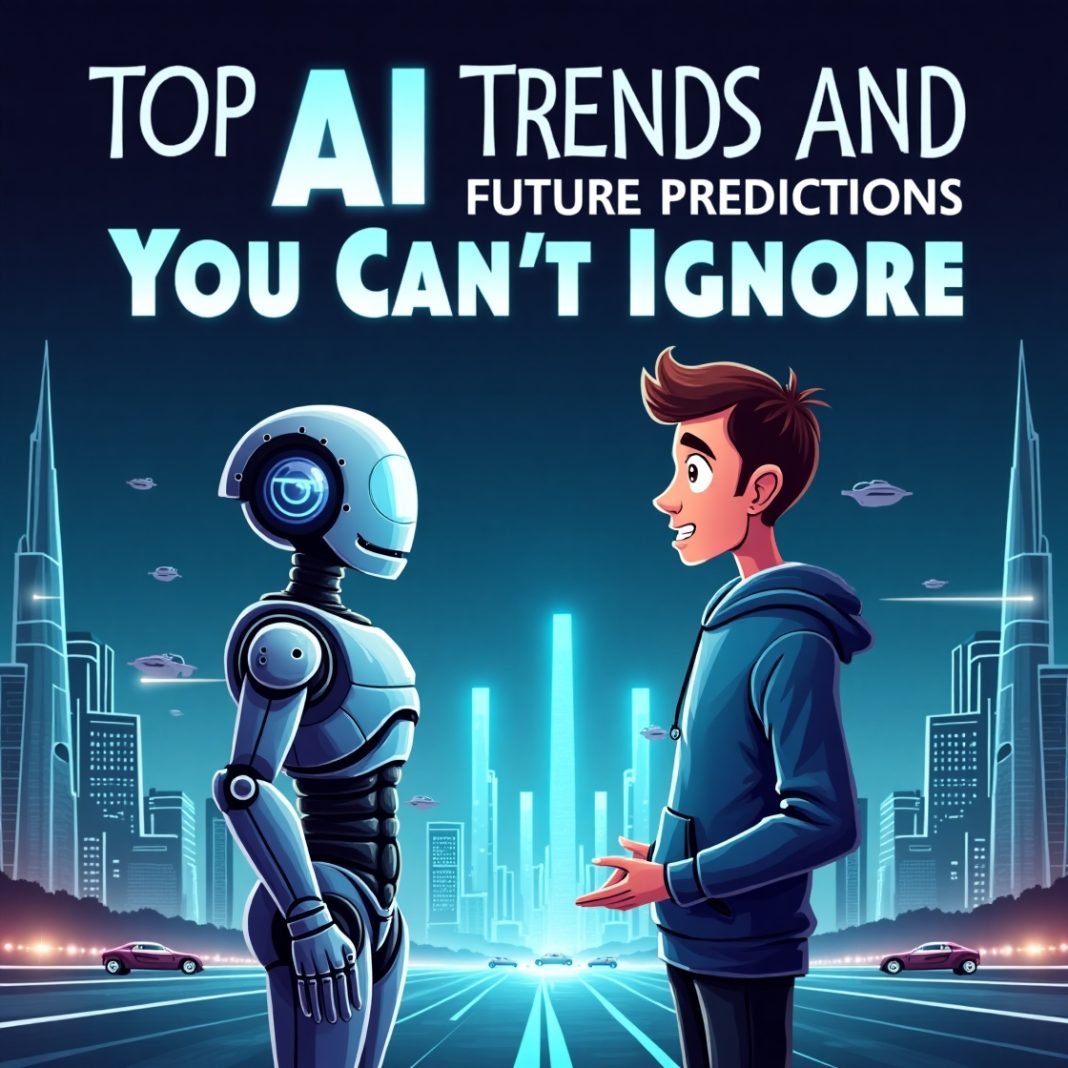Introduction
Artificial Intelligence (AI) has moved far beyond science fiction. In 2025, it’s woven into the fabric of daily life in the US, powering smart homes, personalized healthcare, and even city planning. Understanding how AI is shaping everyday activities helps people see not just the technology but its impact on their routines, jobs, and communities.
AI in 2025: Smarter, Faster, and More Accessible
The AI of 2025 is not just for big tech companies. Affordable cloud services and open-source tools have made powerful AI accessible to startups, schools, and individuals. This democratization means Americans interact with AI in ways they may not even notice — from grocery shopping apps to public safety systems.
AI in Healthcare – Personalized and Preventive
Healthcare has seen one of the biggest transformations. AI-driven diagnostics, predictive analytics, and robotic assistance are improving patient outcomes.
- Example: AI tools help doctors detect cancer earlier through image analysis, reducing false negatives.
- Benefit: Patients get more accurate diagnoses, shorter waiting times, and tailored treatment plans.
AI at Home – Smarter Living Spaces
Smart homes are no longer a luxury. AI-powered assistants manage lighting, energy use, and security automatically.
- Example: Devices like Google Nest adjust energy consumption based on your patterns, saving money and reducing carbon footprints.
- Benefit: Increased convenience and lower bills for households.
AI in Transportation – Safer and Greener Travel
Autonomous driving and AI-enhanced public transit are making US roads safer and more efficient.
- Example: Self-driving shuttles in select cities transport commuters with fewer accidents.
- Benefit: Reduced congestion, improved safety, and lower emissions.
AI in Education – Personalized Learning for Every Student
Schools are using AI to personalize lessons, identify learning gaps, and provide real-time feedback.
- Example: Adaptive learning platforms adjust reading or math exercises to each student’s skill level.
- Benefit: Better engagement and higher achievement across diverse classrooms.
AI in Business – Efficiency and Customer Experience
Companies of all sizes rely on AI for automation, forecasting, and customer service.
- Example: AI chatbots handle routine inquiries while human agents focus on complex issues.
- Benefit: Faster responses, lower costs, and improved customer satisfaction.
Ethical and Social Considerations
With all its benefits, AI in 2025 also raises questions about privacy, bias, and job displacement. Organizations are adopting “responsible AI” policies to ensure fairness and transparency. Americans are more aware of data rights and demand stronger protections.
Key Ways AI Is Changing Daily Life in the US
- Healthcare – Early diagnosis and personalized treatment.
- Home automation – Energy savings and convenience.
- Transportation – Safer roads and eco-friendly transit.
- Education – Customized learning for every student.
- Business – Smarter customer service and efficient operations.
Real-World Case Study: AI in City Planning
Several US cities now use AI to optimize traffic lights, reduce energy use, and predict infrastructure needs. This data-driven approach leads to smoother commutes, lower utility costs, and better public services for residents.
Conclusion
Artificial Intelligence in 2025 isn’t just a buzzword; it’s a practical tool transforming everyday life in the US. From healthcare to home living, education, and beyond, AI offers tangible benefits while prompting new conversations about ethics and policy.
Call-to-action: Interested in how AI could improve your work or home life? Start exploring AI-powered tools today — many are free or built into the services you already use.
Related Reading
- Top Web 3.0 Innovations and Decentralized Apps (dApps) to Watch in 2025
- Top Blockchain Platforms Powering Web 3.0 and Decentralized Apps.
- How Leading Tech Companies Are Shaping the Future of Technology in 2025.
FAQs
1. How is AI used in everyday life in the US?
AI powers smart homes, personalized healthcare, autonomous vehicles, and digital assistants, making daily tasks easier and more efficient.
2. Is AI replacing jobs in 2025?
AI is automating repetitive tasks but also creating new roles in AI oversight, ethics, and system design.
3. Are AI technologies affordable for small businesses?
Yes. Cloud-based AI services make advanced capabilities accessible even to startups and small enterprises.
4. What are the main ethical concerns about AI in 2025?
Privacy, algorithmic bias, and transparency are the top issues. Responsible AI practices are becoming a priority.




